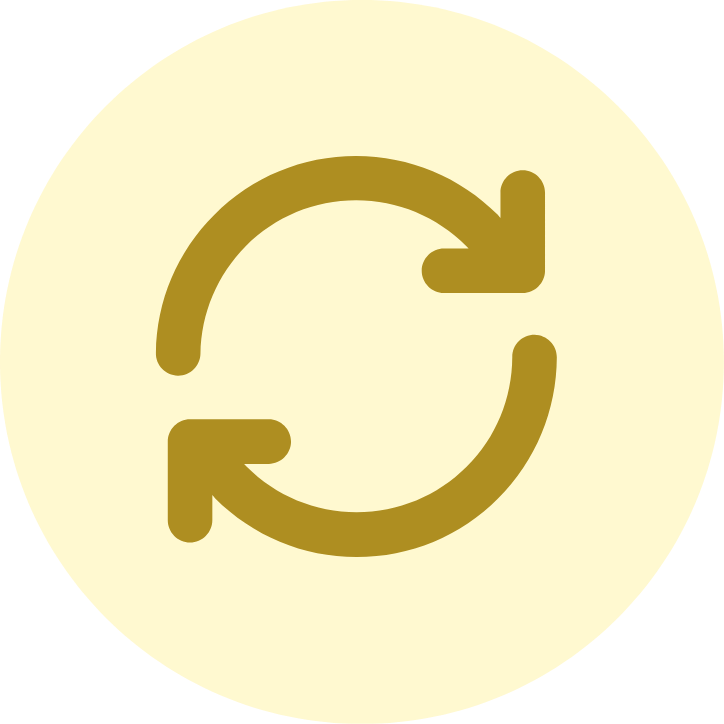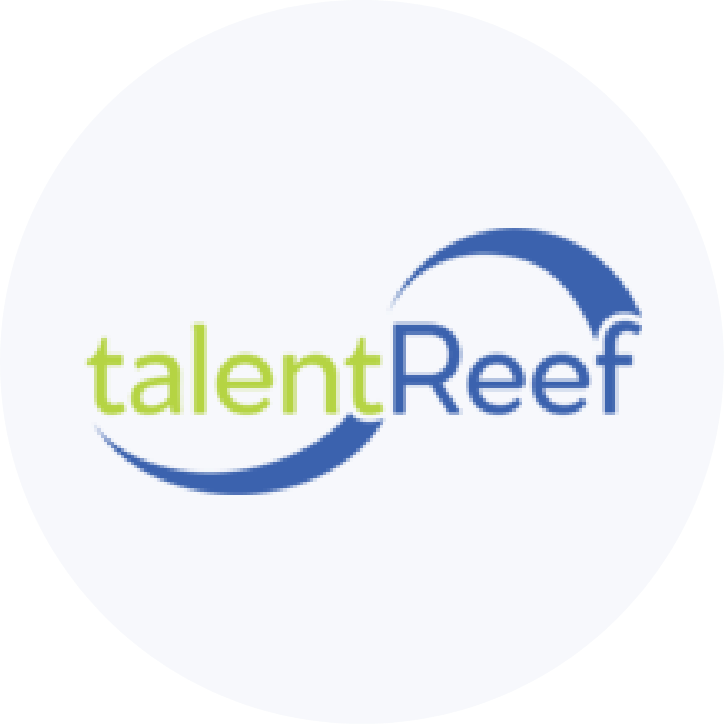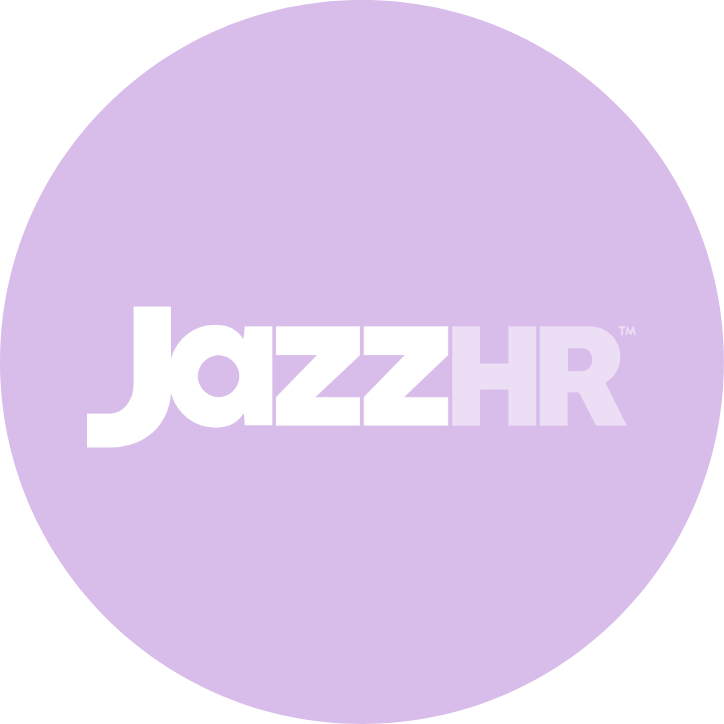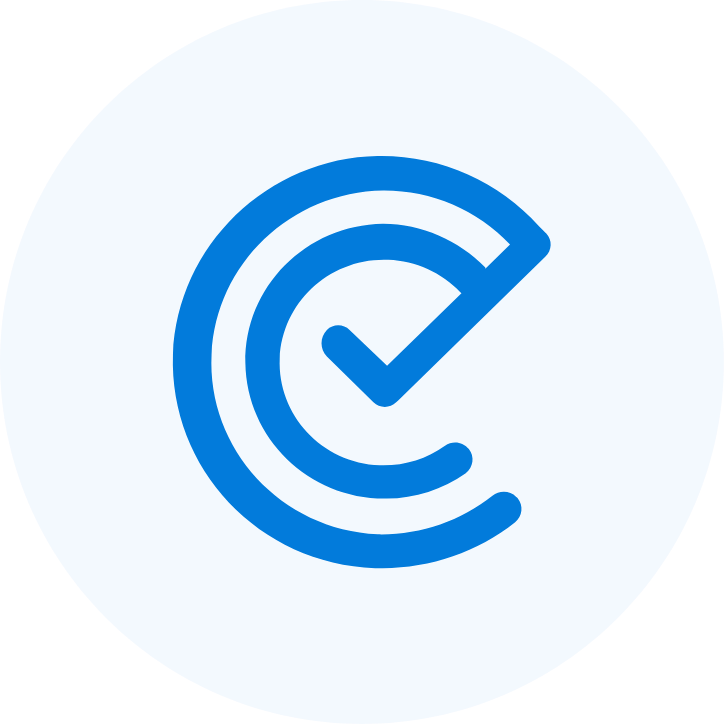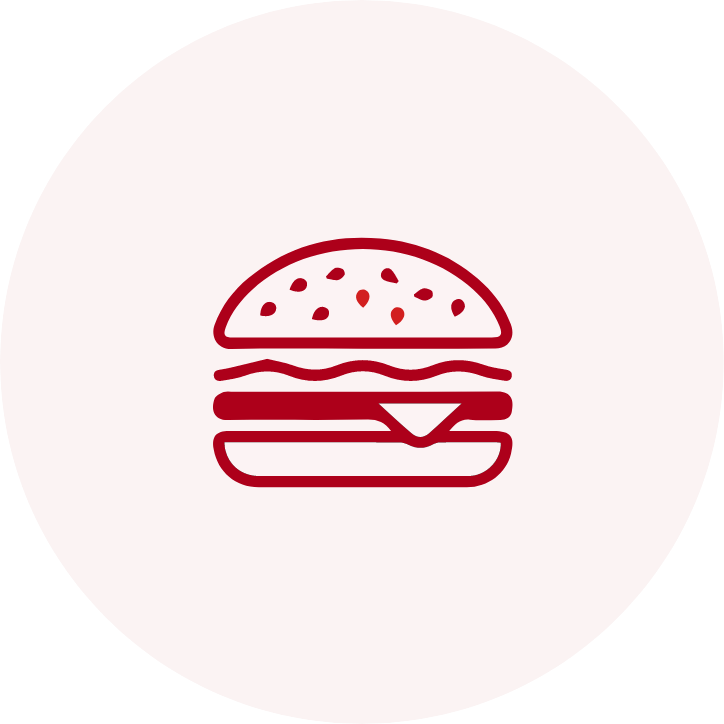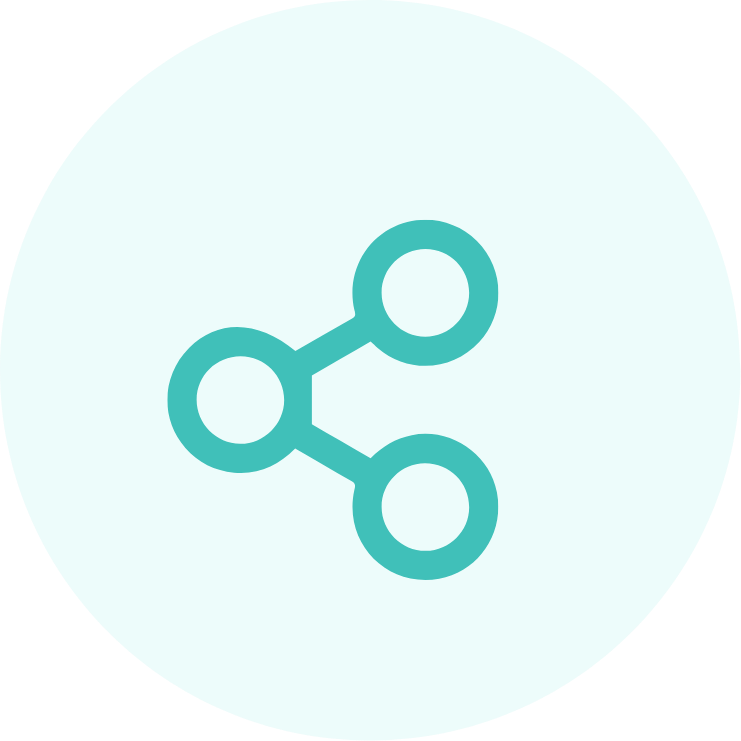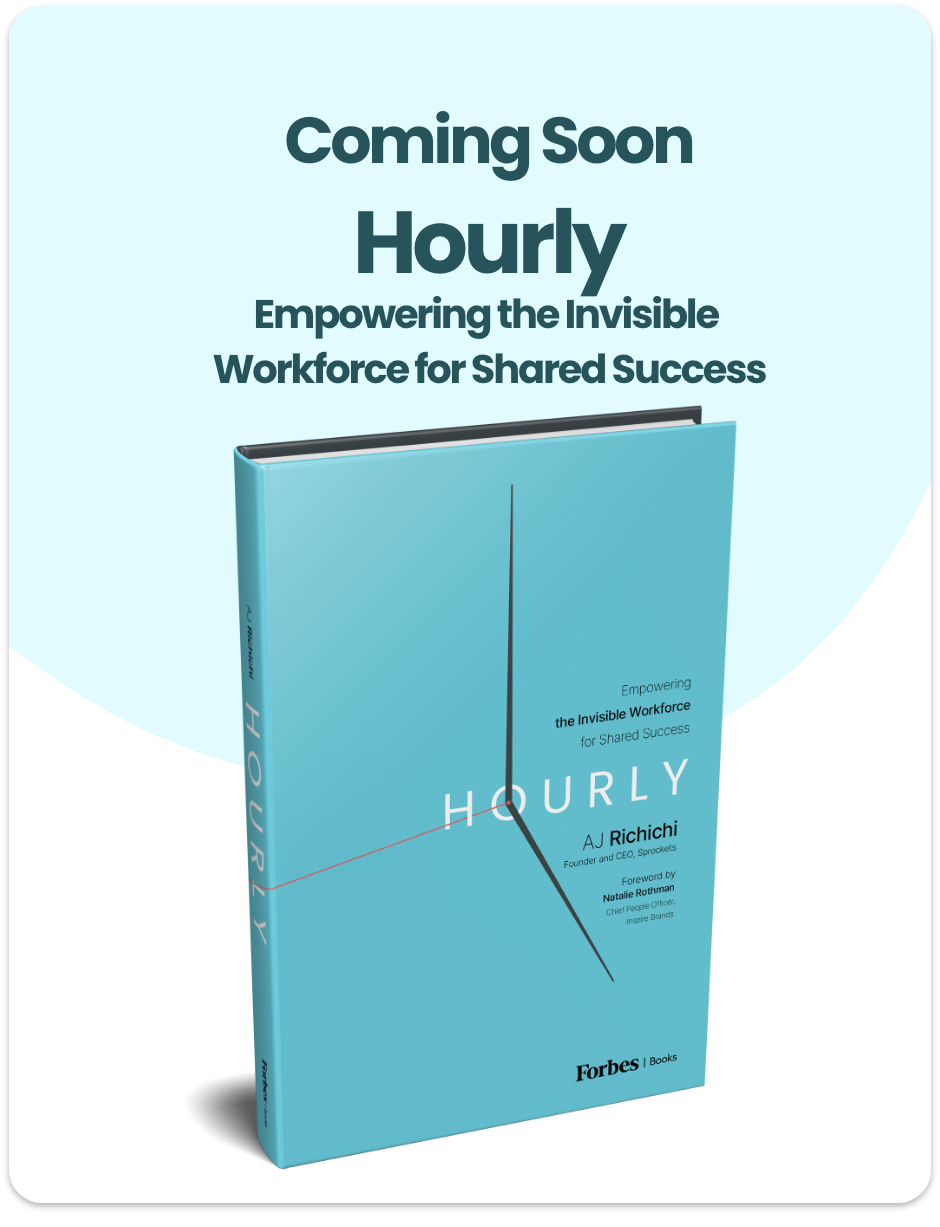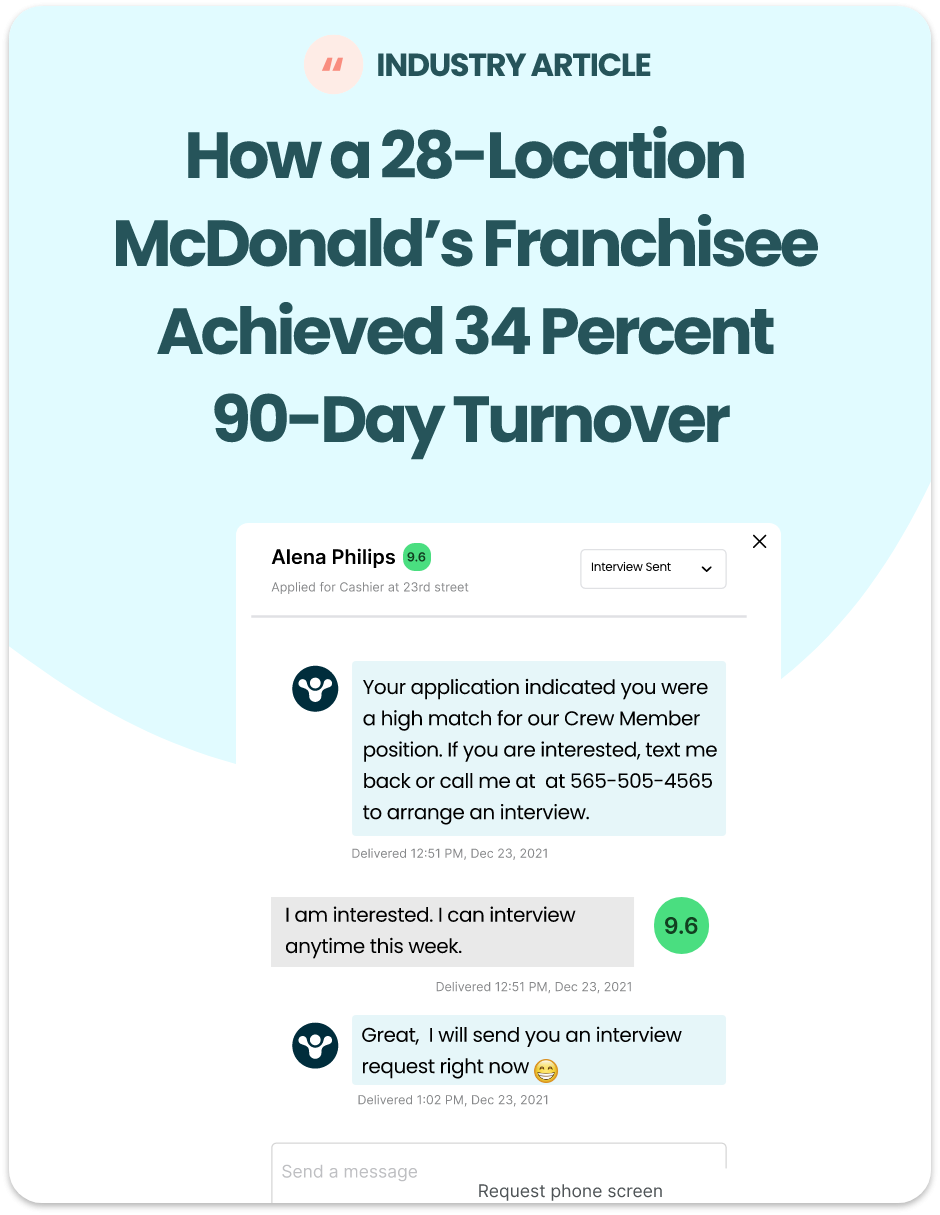The key to any successful business is a team of all-star employees, though it can be difficult to consistently hire and retain those driven individuals, especially when your business is severely understaffed. Overcome that challenge by rethinking your current hiring process. Is it effective? What kinds of applicants does it bring in? Are you successfully attracting and hiring top talent while filtering out undesirable candidates? In this blog, we’ll discuss why quality of hire is a crucial metric to track as well as what strategies you can implement to improve it.
What is Quality of Hire and Why is it Important?
Quality of hire (QOH) is a metric used to measure the effectiveness of a company’s hiring process. It provides insight on your recruiting methods and measures how much a new hire contributes to your company’s long-term success. According to LinkedIn, 39% of hiring professionals agree that quality of hire is the “most valuable metric of performance” topping other KPIs like time-to-fill.
How to Measure Quality of Hire
While there are several ways to evaluate quality of hire, 40-50% of companies measure it through:
- New Hire Performance Evaluation: Calculation method varies as it’s up to the discretion of managers
- Employee Retention/Employee Turnover: Calculated as a percentage
- Hiring Manager Satisfaction: Calculated with survey scores, usually on a numerical scale
One manager even stated that they measure quality of hire through promotions. 33% of hiring professionals — surveyed in the United States, United Kingdom, Brazil, France, China, India, and MENA (Middle East and North Africa regions) — are uncertain if they are accurately measuring their quality of hires. This statistic suggests uncertainty is a nationwide issue and therefore can be greatly improved by rethinking current strategies.
Strategies to Improve Quality of Hire
1. Collect Better Data: Since there are so many ways to calculate quality of hire, it can be difficult to come to a common consensus on how your company measures it. See, one metric alone isn’t enough to accurately measure your quality of hire. Some experts suggest evaluating metrics pre-hire and post-hire can lead to more accurate results. The logic behind this suggestion is that pre-hire quality measures are recruitment orientated while post-hire quality measures are performance orientated. You want to prove that there is a significant relationship between pre-hire and post-hire quality. For example, you might use measures of candidate assessment scores, interviews, and time-to-fill to determine pre-hire quality, and measures of performance evaluation, number of promotions, and employee engagement scores to find post-hire quality.
2. Implement an Employee Referral Program: While posting on job boards and social media platforms are great ways to source candidates, they don’t always attract the right candidates. Hiring the right fit from the start is crucial, unless you enjoy paying thousands of dollars in employee turnover costs. Consider an employee referral program or, if you already have one, take a look at how you can make it worth your employees’ time. Research shows that referred employees stay longer and have a better work performance. People naturally care more about their friends and families opinions over a random job posting they see on the internet. Your employees understand what kinds of people are the best fit and can provide their referred candidate(s) accurate insight on company culture, ultimately leading to more individuals in your applicant funnel who fit your ideal hire. And if you aren’t already convinced, only 8% of talent leaders feel their employee program is “best in the class”. There is plenty of time to make your program stand out amongst the competition.
3. Use the Right Technology: Some businesses use pre-employment assessments to help them understand applicants on a deeper level. Artificial intelligence technologies reduce time-to-fill by 70%, on average. For example, Sprockets’ solution uses natural language processing and artificial intelligence to determine which incoming applicants share personality traits with a business’s current top performers. The platform assigns each incoming applicant a score one through ten. High-scoring applicants will succeed and stay long-term, empowering owners to build reliable, productive teams and make smarter hiring decisions.
Learn how to attract, hire, and retain the right workers for your business by leveraging the mental makeup of your best employees.
This free guide outlines simple steps to reduce costly employee turnover and save thousands of dollars annually.
Learn how to attract, hire, and retain the right workers for your business by leveraging the mental makeup of your best employees.
Learn proven strategies for attracting and retaining high-quality employees for your business. It’s easier than you might think!
Access this free guide to build better teams and stabilize staffing levels.
Access this free e-book to discover proven strategies for retaining your best workers and even predicting which applicants are most likely to stay long-term.
Discover how to overcome the roadblocks preventing your restaurants from being successful in the new year.
Learn simple strategies to consistently hire and retain top performers while avoiding roadblocks like costly turnover.
Personality tests, like Sprockets’ Applicant Matching System, combine natural language and artificial intelligence to predict an applicant’s likelihood of success at a particular location.


